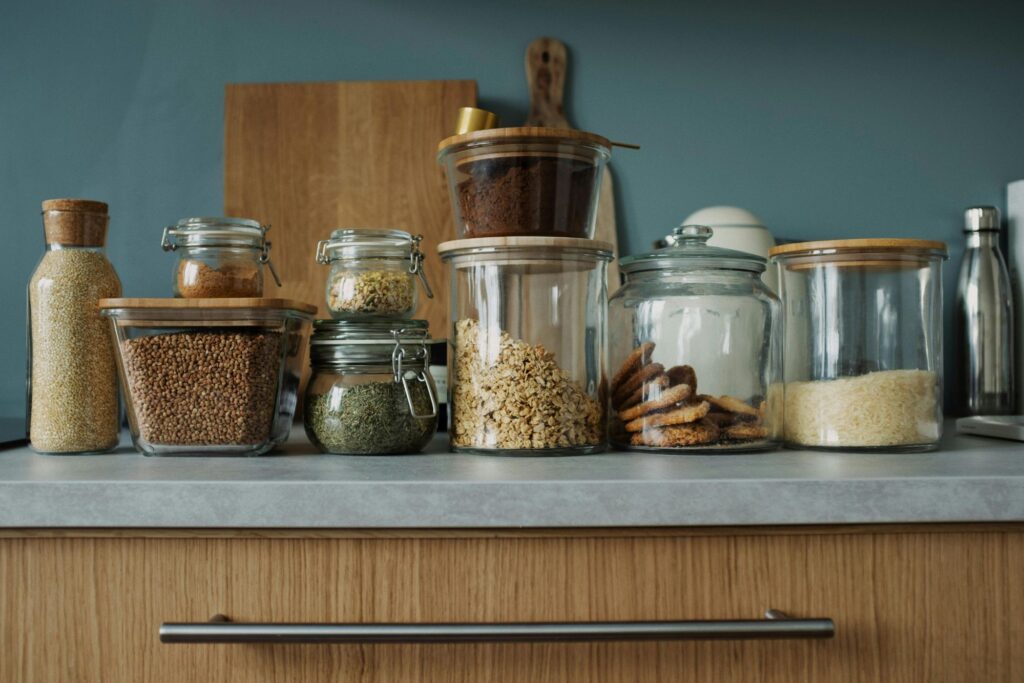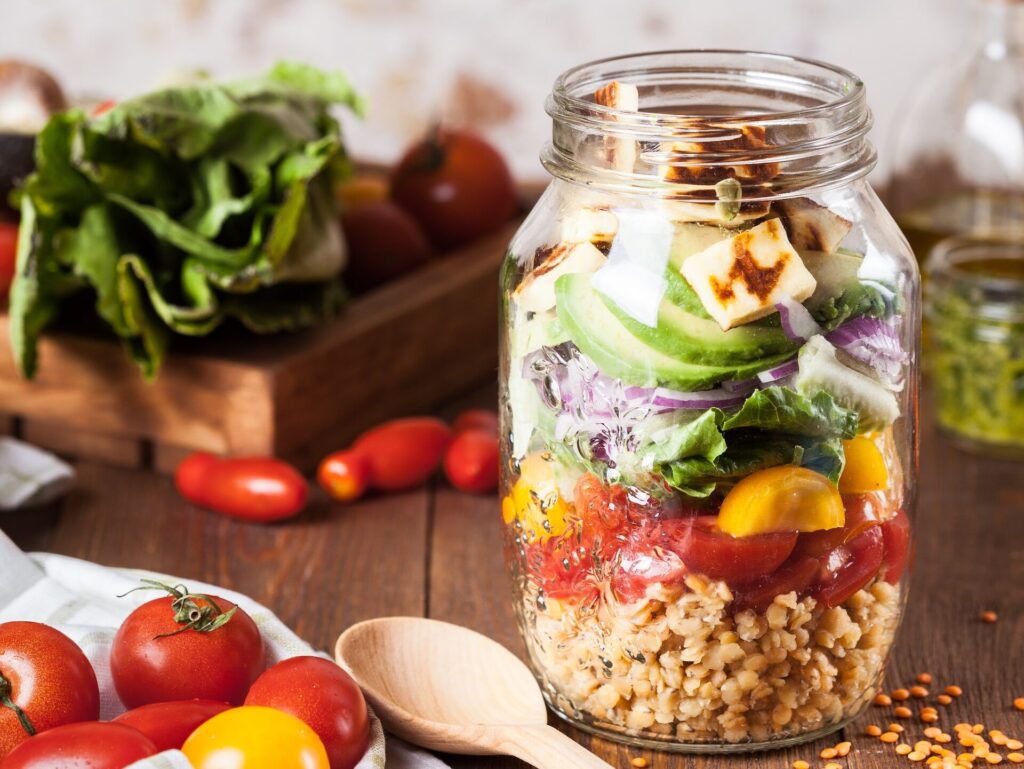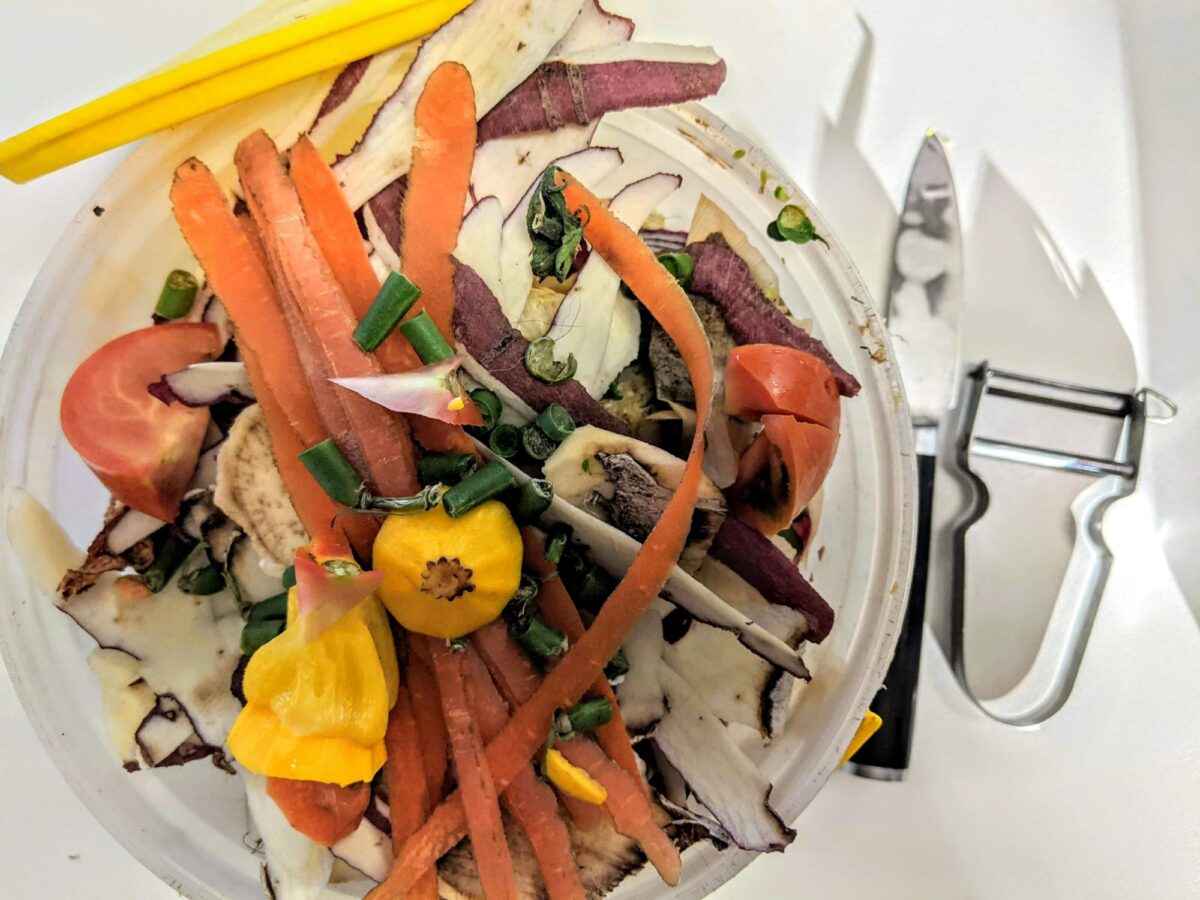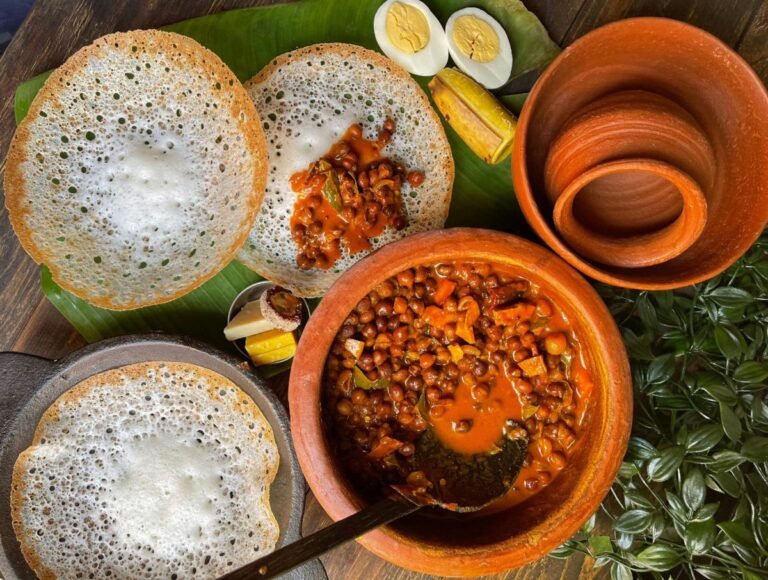Any food that is not used for its intended purpose is referred to as ‘Food waste’.
Do you sometimes forget about food in the fridge, only to discover it moldy and spoiled days later?
Have you ever stocked up on bulk deals, thinking you’re saving money, only to toss it all when it expires unused?
7 Reasons to avoid wasting food
We live in an age when food gets easily delivered in no time at one’s doorstep. It’s too common especially during special occasions like parties and gatherings, to see large quantities of food being ordered in haste and then thoughtlessly wasted.
Food waste comes from many places such as restaurants, residential buildings, markets, farms, food processing facilities and distribution centers.
Addressing household food waste

Preventing edible food from ending up in the trash is a powerful step we can take toward enhancing food security, promoting sustainability, and reducing malnutrition and global hunger.
Read more about global hunger and food security
As much as we hesitate to admit it, we often waste food for a variety of reasons, sometimes without even realizing it. Do you agree?
Reflecting on my mistakes that led to wasting edible food, I realized it could have been avoided, had I made a conscious effort to be more mindful.
These are some simple, practical tips I’ve started using to cut down on food waste at home and they really work!
I hope you’ll give them a try too. Being mindful with food not only saves money, but also helps the planet, and helps fight global hunger challenge.
Have a weekly meal plan

Planning your meals weekly helps you save on your food bills and reduce food waste by being mindful with grocery shopping according to your requirements for the week.
Balanced meal plan ideas to try
Before you plan buying groceries, check what you already have and plan around it. This keeps you from allowing food to spoil or expire before use.
Make a shopping list

Not having a shopping list easily pushes one into overbuying or buying bulk deals out of impulse.
Creating a list based on what you need for the week keeps you from being swayed by items that are tempting but not necessary.
Tips for budget friendly healthy grocery list
A shopping list based on your weekly plan helps you involve in mindful shopping that saves time, and money. It also helps you stay on track with your eating habits as you avoid buying what you don’t actually need.
Check date labels

Purchasing food items with a longer shelf life reduces the chances of food getting expired before being used.
This is a simple but effective way to avoid food waste.
While purchasing food items on attractive offers and bulk deals, we often miss checking date labels, which later on causes the food to waste away upon expiry prior using.
Do not buy what you don’t need

Perishable food items with a short shelf life especially vegetables, fruits, desserts and dairy products spoil quickly when not used for many days.
Being mindful while buying perishable food items helps you cut down on food waste to a large extent.
Other ways to keep food from being wasted away is by avoiding bulk purchase and overstocking of refrigerators and pantries.
Making conscious food choice by buying only what you need, helps you build a healthy relationship with food.
Food storage

Organized and well managed food storage keeps food from getting wasted.
How you store your food makes a big difference in how food gets wasted in your kitchen.
Sometimes we load a lot of foods items in the refrigerator and forget it later, only to find it spoiled after a few days. Avoiding overloaded storage helps you stay informed of what you have in storage, so that you can include such items in your meal plan and use it.
Managing Leftovers

Proper storage of leftovers and incorporating them in new meals makes it easier to meal plan and reduces food waste.
Check the refrigerator regularly for leftovers and use them before they spoil.
Get creative at times with leftovers, like using ripe bananas to make cake/banana bread that has longer shelf life.
When leftovers are unfit for consumption, use them to make compost.
Meal size

Choosing smaller portions and taking second servings help us avoid wasting food.
Taking meal size you know you will finish, helps reduce food waste. If you’re still hungry after finishing the portion on your plate, you can always take more.
Reducing, repurposing and properly managing food waste saves money, lowers one’s environmental footprint and conserves natural resources.
How do manage to reduce food waste in every day life? Do share in comments.





[…] To learn more about reducing and managing food waste, here’s my recent article: 7 ways to reduce food waste […]